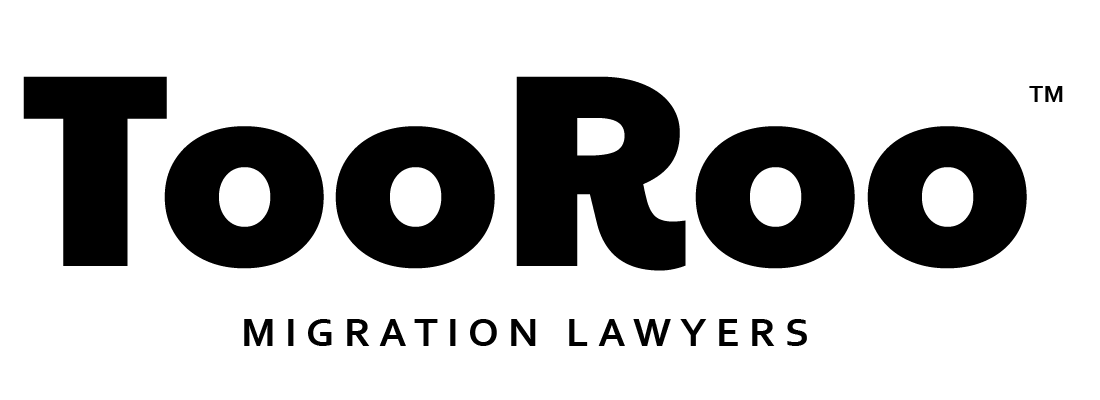More Than Half of Tuvalu Applies for Landmark Australian Visa
In a remarkable development, over 50% of Tuvalu’s population has applied for the new Falepili Mobility Pathway — a permanent migration program recently opened by the Australian Government for citizens of the small Pacific island nation.
In just over a month, 1,466 registrations were lodged, encompassing 5,157 individuals — an extraordinary figure for a country with a population of just 10,643.
The response reflects not just the uniqueness of the program, but also the broader realities of life in a small island nation with constrained economic prospects, limited higher education options, and increasing long-term climate risk.
What Is the Falepili Mobility Pathway?
The Falepili Pathway is part of a bilateral agreement signed in late 2023 between Australia and Tuvalu — one that extends beyond migration and includes cooperation on defence, security, and climate resilience.
Under the program, up to 280 Tuvaluan citizens per year will be selected by ballot to apply for a new permanent visa that allows them to:
Live, work and study in Australia indefinitely;
Sponsor family members to migrate; and
Apply for citizenship once eligible.
Crucially, the visa is uncapped by age, occupation, or English language ability, and applicants do not need to secure employment before arriving — a marked departure from most of Australia's migration programs.
Economic Migration Framed by Climate Diplomacy
While much of the media coverage has focused on climate change, the surge in applications suggests that economic mobility and access to opportunity are primary motivators for many Tuvaluan families. Australia’s program is not an emergency climate relocation scheme — it is an orderly, long-term visa offering that provides a rare level of security and freedom for Pacific Islanders.
The design of the Falepili visa seems to acknowledge several overlapping truths:
That Tuvalu’s future — like that of many microstates — will involve outward migration;
That regional migration is best managed through structured legal pathways; amd
And that economic integration can serve both humanitarian and diplomatic ends.
Indeed, the sheer demand for places reflects not desperation, but strategic choice: families are weighing their long-term prospects and opting in to a future that includes Australia.
A Test Case for the Region
This program could be the blueprint for future mobility agreements with other Pacific nations, particularly those facing similar challenges around size, remoteness, economic dependency, or environmental vulnerability.
It also represents a departure from Australia’s traditional approach to permanent migration, which has tended to prioritise skilled workers, family reunion, or humanitarian entrants. The Falepili Pathway marks a new category of migration — one that is proactive, cooperative, and regionally grounded.
In policy terms, it’s a striking example of migration diplomacy: providing lawful and predictable options for Pacific movement, strengthening bilateral relationships, and reinforcing Australia’s role as a stable partner in the region.
What Happens Next?
The first round of ballot selections will take place between 25 July 2025 and 25 January 2026. Australia has not set an end date for the program, meaning it could operate indefinitely — creating a pipeline of permanent migration from Tuvalu into the next generation.
If current demand continues, it is theoretically possible that Tuvalu’s entire population could migrate to Australia within the next 40 years. While that is not the stated aim of the program, the level of early interest has underscored just how significant and attractive the pathway is for Tuvaluan families.
Given the volume of initial interest, expectations are high. Whether similar schemes will be offered to other nations — and how they’re implemented in practice — will be closely watched.
At TooRoo Migration Lawyers, we keep across the evolving landscape of Australian migration policy — including new pathways like the Falepili scheme, humanitarian developments, and regional migration initiatives.
While we are not involved in the ballot process itself, we are always available to advise individuals, employers, and families seeking to understand the broader shifts in Australian visa strategy, or to assist with permanent residency, employer sponsorships, or citizenship applications.
If you need assistance navigating Australia’s complex immigration system, reach out to the team at TooRoo Migration Lawyers. We offer honest, strategic advice tailored to your situation, with real-world experience and practical outcomes.
Oliver Jones is a solicitor and immigration lawyer based on the Gold Coast. He regularly advises on Australian employer-sponsored and skilled migration law, and writes about global migration trends.

